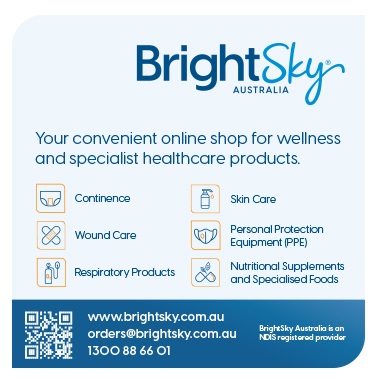To determine the associations between pelvic floor health and frailty, and to identify variables associated with them, this study involved 656 community-dwellers aged 40–75 years who participated in a cross-sectional observational study. Participants completed the Pelvic Floor Bother Questionnaire and the Fried frailty phenotype assessment, and were assessed for putative predictors (sleep quality, body mass index, nutrition, psychological distress, hydration, smoking, alcohol, polypharmacy and health concerns). Differences were tested using analysis of variance models and chi square tests, and associations were tested using linear and logistic regression models. Bladder and bowel concerns were reported by men and women in all age groups, and 38% of participants exhibited at least one frailty element. There was a significant association between reporting frailty elements and poor pelvic floor health, and both were significantly associated with increasing age for men and women, poor sleep quality and high body mass index. Only pelvic floor health was significantly associated with health concerns and polypharmacy, and only frailty was significantly associated with smoking and alcohol consumption. Significant associations with alterable lifestyle and general health factors suggest that early interventions to improve pelvic floor health could impact on health and healthy ageing more broadly.





